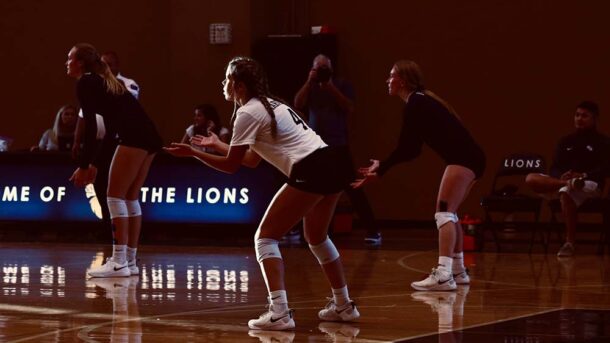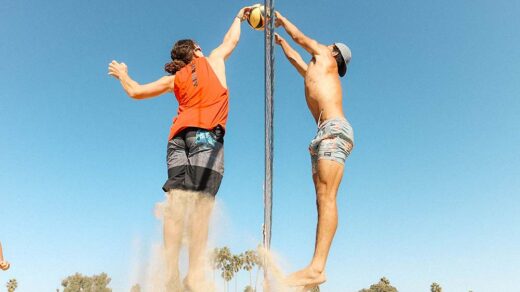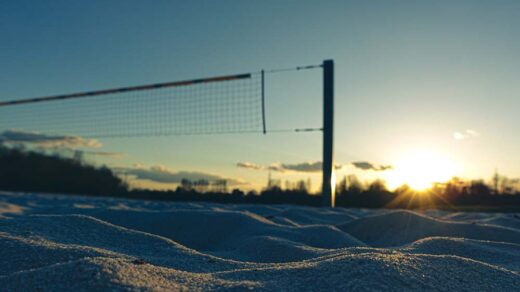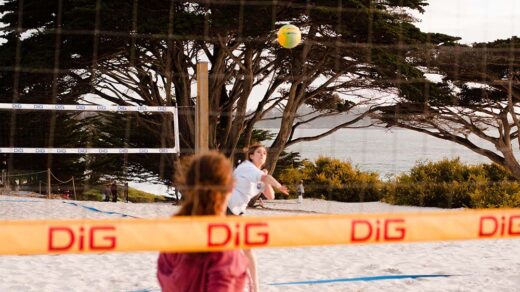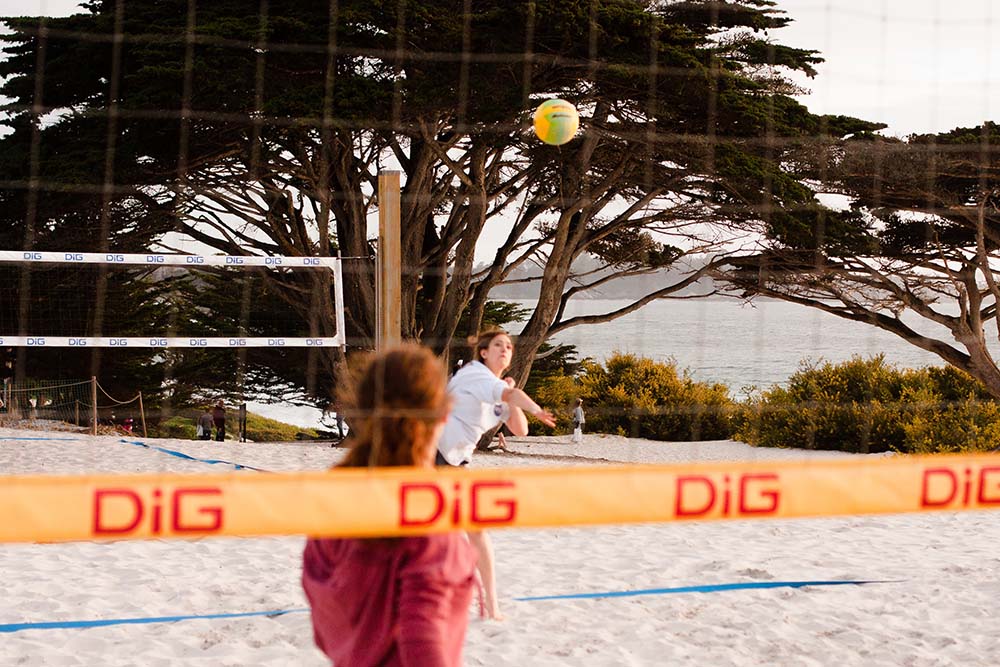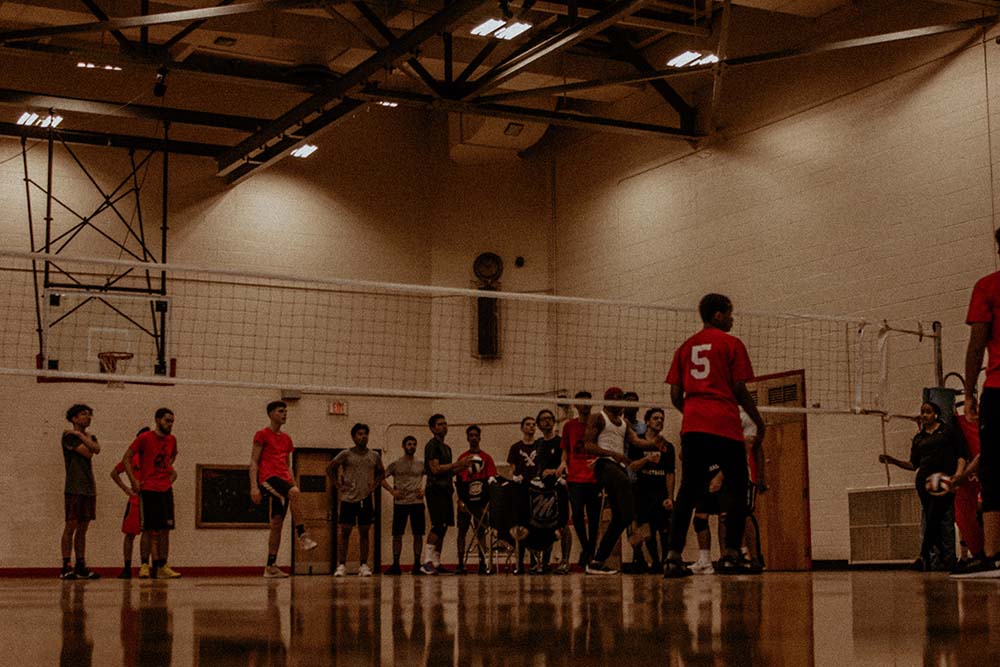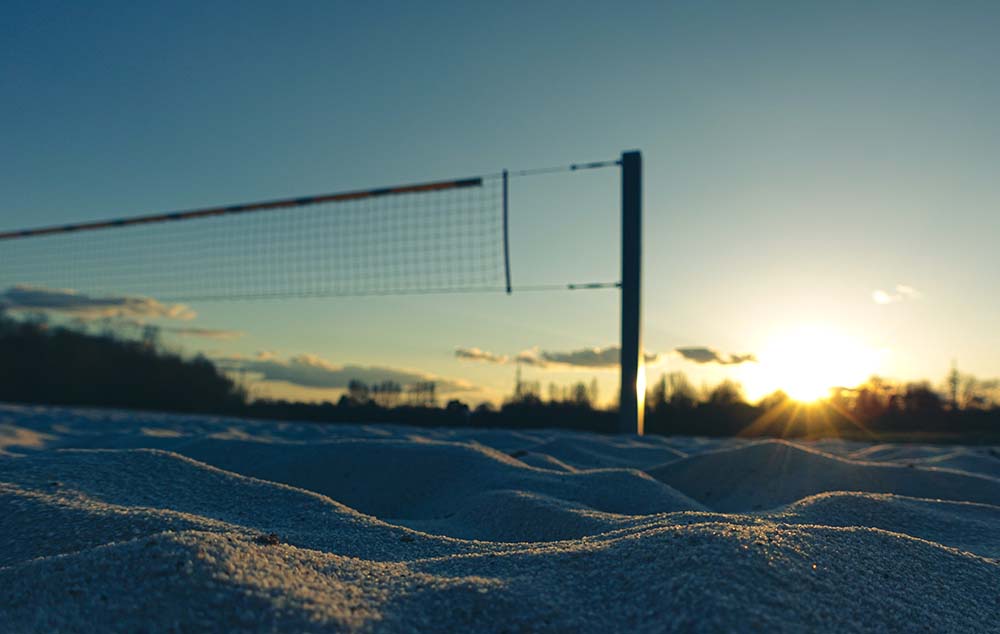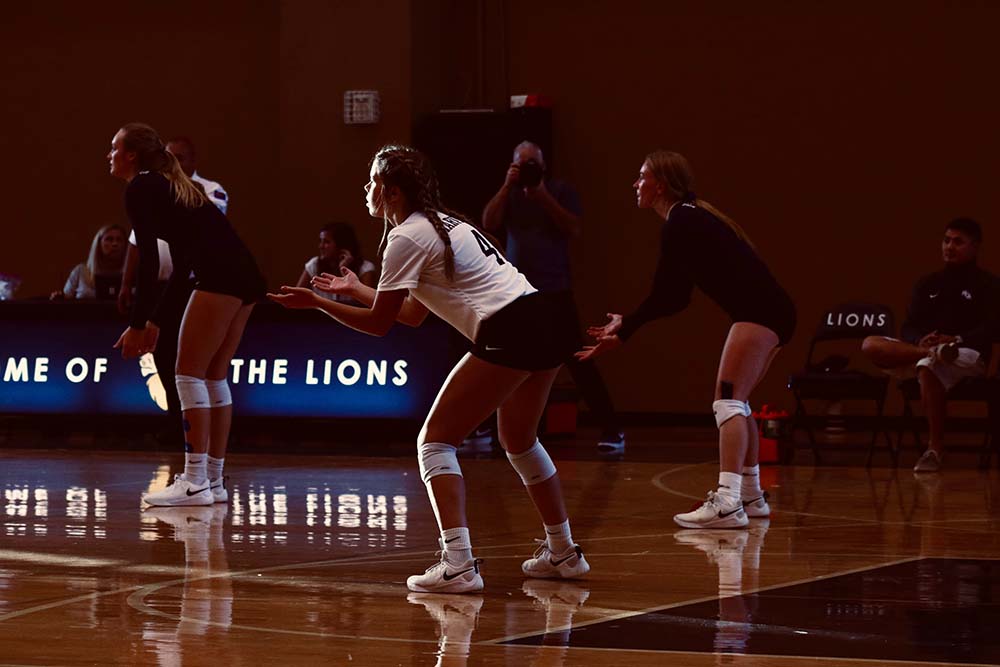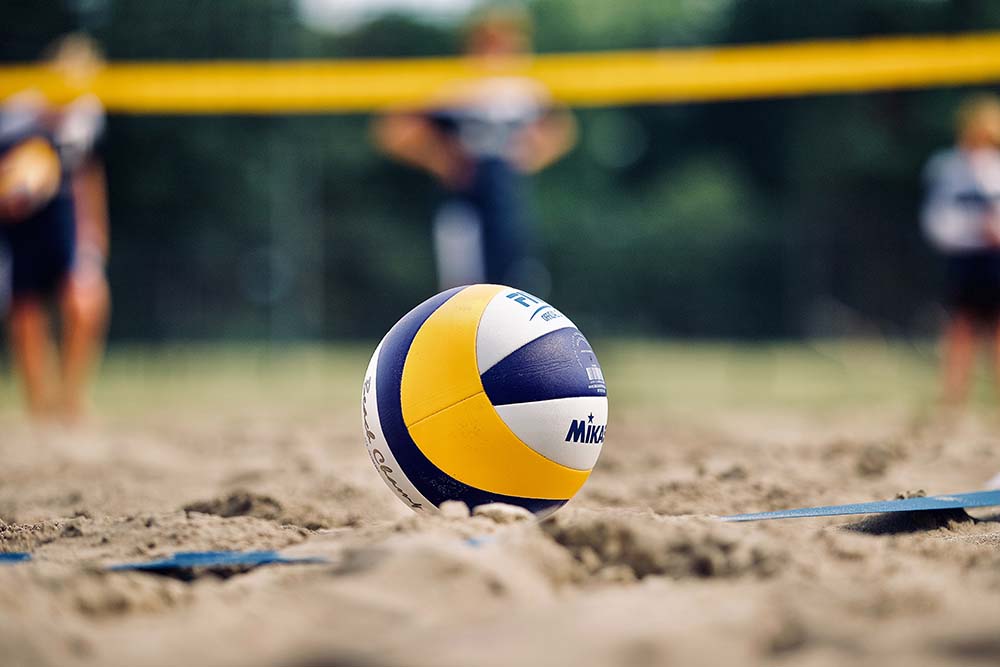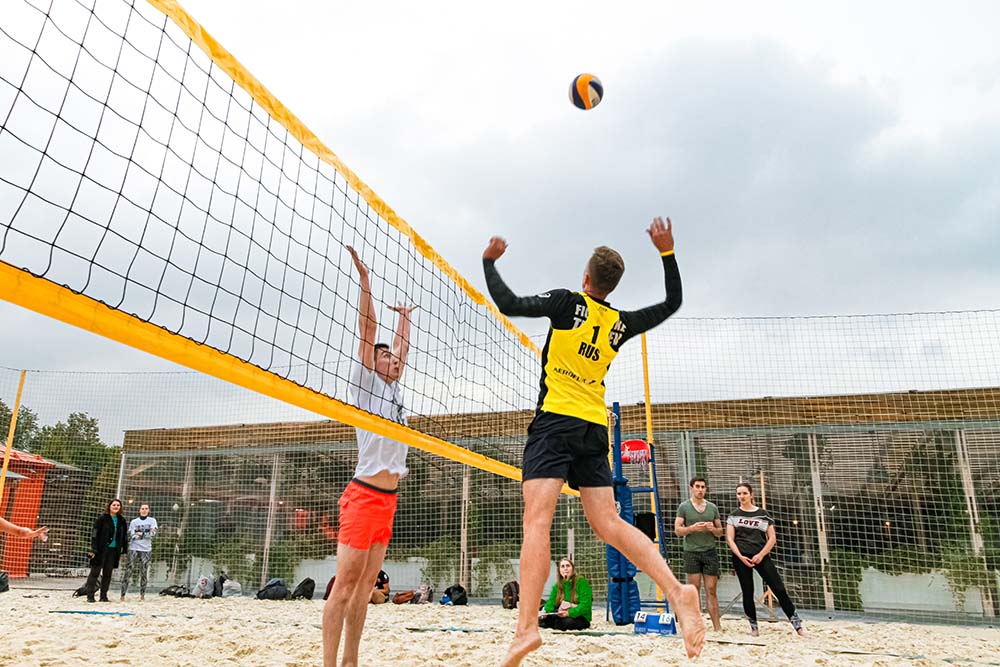If you want to feel more confident in Volleyball then it takes more than just “having a confident mindset”. Self-belief is useful, but self-belief needs to have a foundation in something, otherwise, it will be shattered quickly.
A good coach builds confidence that comes from facts and knowledge that the person has trained hard and has the skills to win. This is something that each player needs to build individually, and that the team as a whole also needs to form through trust and through time in front of the net together. To do this there are a number of excellent options for volleyball equipment for training.
Time and Skill Build Confidence
Sports psychology is a difficult thing. Some athletes have a good attitude towards competition and cope well under pressure without needing to be taught how to manage it. Others struggle more and need some guidance along the way. Techniques that can be used to help people include:
- Visualization (for example practicing imagining the perfect serve)
- Solo drills
- Warmup matches against ‘easy’ teams to build confidence
- GPP training to improve overall fitness
- Team chants and mantras to ‘condition’ the team into a certain mindset
It is all to easy to get distracted when you are training, and to focus on finding the next great thing instead of building skills where it matters. This is wasteful and can backfire. You might see athletes on reality TV shows running backwards on a treadmill while wearing a snorkel, or hanging from odd-looking contraptions to improve flexibility. You might hear about Orange Theory, Crossfit, and other fitness protocols. These are good for getting it, and it is true that being fit is useful, but they won’t directly help volleyball.
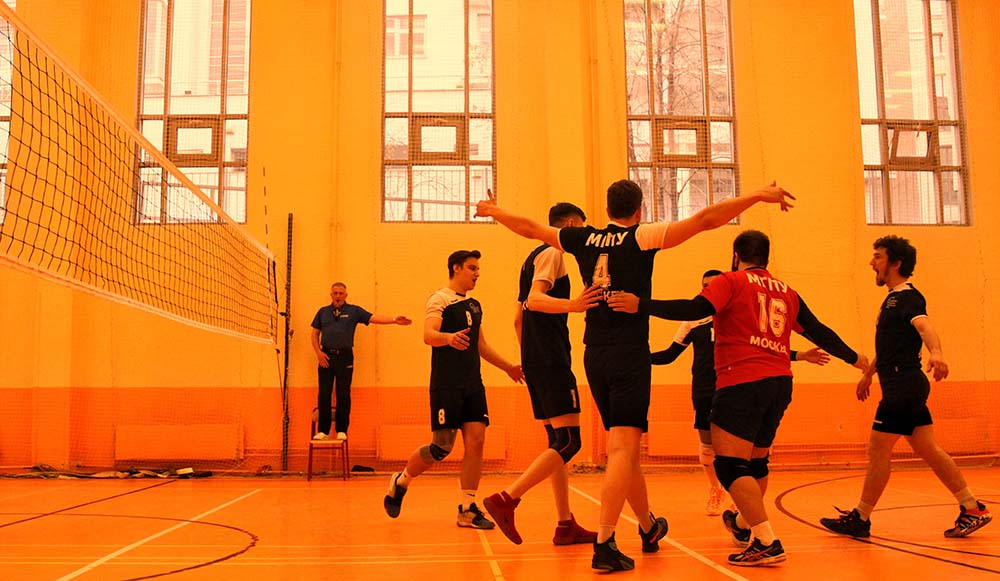
A good coach, and a sensible athlete, knows that it is important to avoid burnout and excessive repetitive motion, but at the same time it is important to practice skills that directly relate to volleyball. That means footwork on the same surfaces that you play on (sand is not the same as a court, and can greatly strip a person’s mobility), and hand-eye co-ordination drills should be a key part of training. Use these for warmups and for a significant portion of your day to day training, then get the player out there playing actual games so that the team can form a cohesive unit.
When a player can see that their training is paying off and that they are improving, it makes all the difference to their mindset. It’s easier to go into a big game confident in your skills when you are applying them every day in practice.
Rebuilding Confidence after a Tough Game
Coming back after a loss is hard. A good athlete will video their matches and will use that to help them improve. Looking back over a loss can help to flag up things like poor positioning or slow responses, so that you can say “OK, we need to work on you returning to your spot more quickly” or “We should do some return drills”. It’s easier to not dwell on a loss when you know that you have taken steps to correct it.
Volleyball is a tough sport. You don’t have a lot of time to think and you need to react fast. You have to rely on your team mates and it takes time for everyone to gel together as a team so that they know what to expect and who will move where at any given moment in time. Once that familiarity and trust is there, confidence comes quickly.
The job of the coach is to be constructive with criticism and to nurture people to build their skills and build real confidence, not cockiness or arrogance.

